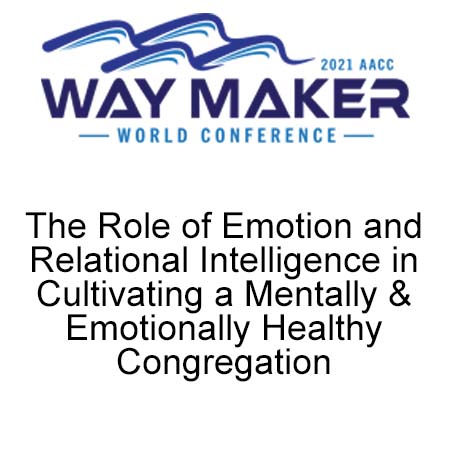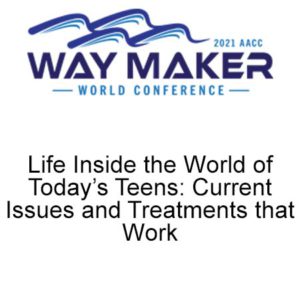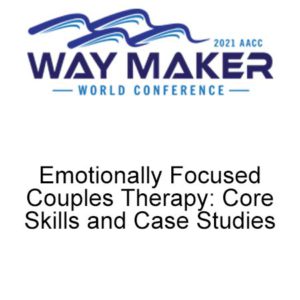Description
118: The Role of Emotion and Relational Intelligence in Cultivating a Mentally and Emotionally Healthy Congregation
Gary Oliver, Ph.D.
The Center for Healthy Relationships
John Brown University
2000 W. University St.
Siloam Springs, AR 72761
Summary
If God’s purpose for usas church leaders is to help our people“become conformed to the image of His Son,” then what mightthat look like?What does it mean to “grow in Christ” and become a “mature” Christian?What impact should sanctification have onour moods, behaviors,andthought patterns?What might Christlikeness look like in our emotional, relational, mental, and spiritual lives?This workshop will start with a sound biblical and theological foundation that will look atspecificand very practicalways that the emerging science of Emotional and Relational Intelligence (ERI) and recent developments in Interpersonal Neurobiologycan help usmore effectively impact our congregation in the process of looking, living, and loving more like our Lord Jesus Christ, and better fulfill the clarion call of Christ in John 12:34-35.
Learning Objectives
Participants will:
• Summarize the practical implications of a meaningfully Biblical Anthropology, Christology, and Soteriology in the process of helping people change and grow in coaching and pastoral counseling
• Articulate the core distinctives of Emotional and Relational Intelligence (ERI)—what it is, what it isn’t, why it is important, and how it relates to personal, interpersonal, and spiritual maturity—in the context of the Great Commandment
• Identify specific ways that a theology of relationships and spiritual disciplines can be used to help dismantle dysfunctional patterns, identify growth potential, and complement any church ministry





